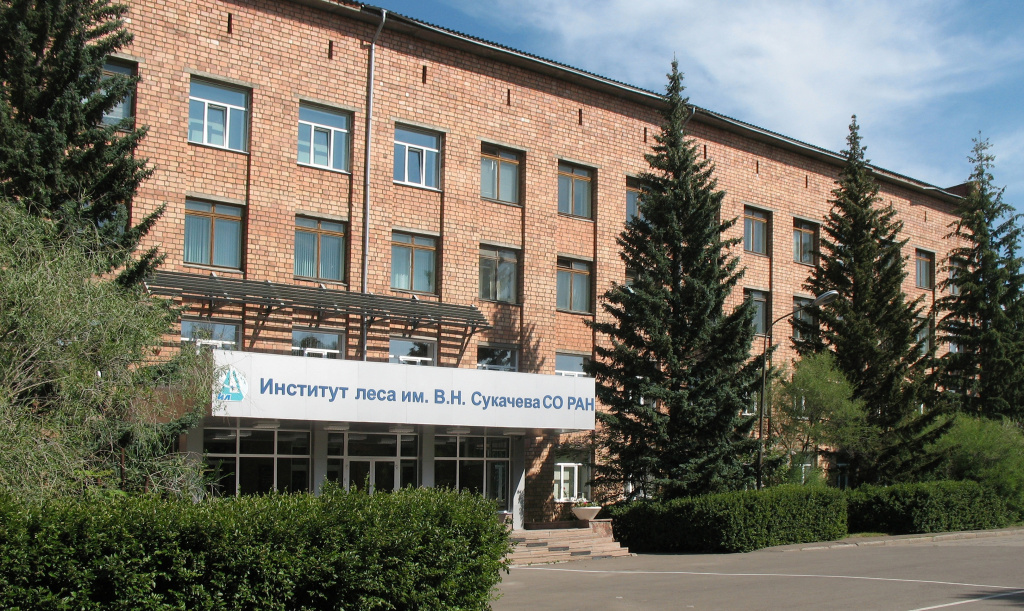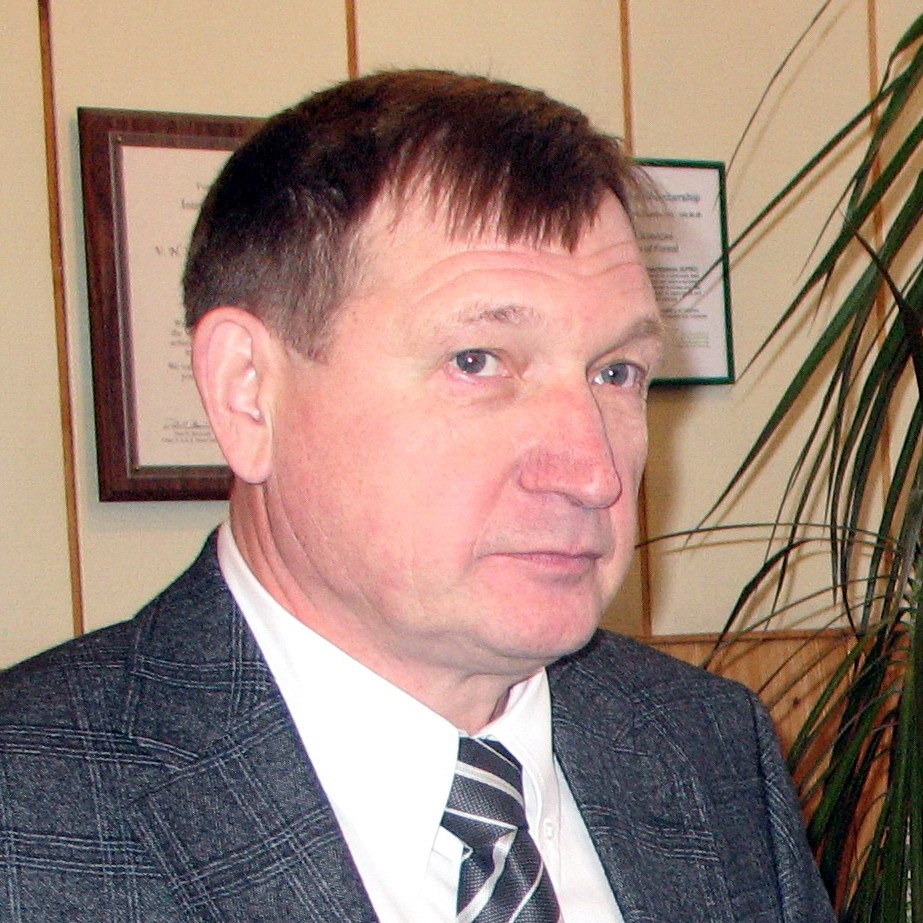V.N.Sukachev Institute of Forest SB RAS

The Institute of Forest SB RAS is the first academic institution specialized in forest science in the Russian Academy of Sciences. It was established in Moscow in 1944 by an outstanding biologist Academician Vladimir Nikolayevich Sukachev. His name was given to the Institute in 1967. In 1959 the Institute was relocated to Krasnoyarsk and included into the Siberian Branch of the USSR Academy of Sciences. Since 1947 the Institute has been a member of the International Union of Forest Research Organizations (IUFRO) and since 1991, a member of the International Boreal Forest Research Association (IBFRA).
In different years Academicians V.N. Sukachev (1944-1959), A.B. Zhukov (1959-1977), A.S. Isaev (1977-1988), E. A. Vaganov (1994-2006) were the directors of the Institute. Since 2006, A.A.Onuchin, Doctor of Biological Sciences, professor has been in charge of the Institute. Academicians of RAS I.Yu. Koropachinsky, S.E. Vompersky; Corresponding Members of RAS L.A.Ivanov, A.A.Molchanov, N.I. Pyavchenko, F.E. Reymers, L.P.Rysin worked in the Institute as well as other outstanding scientists. At present, the staff of the Institute includes 163 research associates, among them 40 Doctors of Sciences and 98 Candidates of Sciences. Since 1947, the Dissertation Council which is the oldest in the area of forest science, has been working in the Institute. During the activity of the Dissertation Council 109 doctoral and 423 candidate dissertations have been defended. The Institute library is a depository for scientific literature in the area of forest biology for the regions of Siberia and Far East. It includes more than 160 thousand depository units. The Institute maintains and develops the system of field observations on the basis of 7 scientific stations and numerous growth plots. The institute has a «Museum of forest ecosystems», containing a zoological and an entomological collections (of about 25 thousand units), herbarium (of about 5 thousand sheets), a collection of forest microorganisms (115 isolates of 51 species of wood-destroying fungi, 200 cultures of 18 species of ophiostoma fungi) and an arboretum (264 species of woody plants, belonging to 75 genera and 28 families).
The Institute is carrying out joint research together with scientists from the USA, Canada, Great Britain, Germany, Italy, Switzerland, Finland, Japan, China, Mongolia and other countries. Also, the Institute organizes and holds big international conferences. The Institute of Forest is carrying out fundamental and applied research, being involved in studying the role of forest ecosystems in biosphere, their ecological functions and biodiversity as well as in solving the problems of sustainable forest management and monitoring the forest conditions. The result of the work of the Institute during 75 years is the publication of more than 500 books and collections of scientific studies; the institute also works out regulatory documents on sustainable forest management in Siberia and develops the system of space information analysis for estimating the state of forest cover. The Institute has the following established scientific schools: those of taiga forestry and forest productivity, permafrost forestry, taxation and forest management, forest morphology, cartography and use of airspace information, forest genetics and selection, forest recultivation, pyrology, zoology and ecology of forest animals, microbiology, physiology and biochemistry of woody plants, wood science, dendrology, dendrochronology, dendroclimatology. The Institute has a network of expedition bases in different regions of Siberia and a station for the acquisition and analysis of space information and an observatory for all-season monitoring of ground level concentrations of greenhouse gases and aerosol characteristics of the atmosphere. The Institute took part in the ecological expertise of the biggest projects: the construction of Boguchanskaya and Evenkiyskaya (Touroukhansk) hydropower stations, the operation of Norilsk Mining and Metallurgical Combine.
The main scientific directions:
-
ecological functions of forest ecosystem and their role in biosphere;
-
biodiversity and sustainable management of forest resources in Siberia;
-
monitoring and mathematical modeling of forest ecosystems, bioinformatics
-
According to the Plan of fundamental research of the Russian Academy of Sciences for the period till 2025 the work of the Institute is directed towards the solution of the most important scientific problems in the frames of the section «Biological sciences»:
-
revealing the factors and regularities of the population and community dynamics, development of the theory of formation of adaptive strategies and homeostasis of living systems; development of the methods of the management of bio-production processes;
-
estimation of the state and dynamics of modern biodiversity, revealing its resource and environment-forming functions, development of technologies for sustainable use of bio-resources.
-
Laboratory of forestry and soil science
-
Laboratory of forest genetics and selection
-
Laboratory of forest inventory and forest management
-
Laboratory of phytocenology and forest resource management
-
Laboratory of phytocenology and forest resource management
-
Laboratory of forest cultures, mycology and phytopathology
-
Laboratory of forest monitoring
-
Laboratory of forest pyrology
-
Laboratory of forest zoology
-
Laboratory of tree ring structure
-
Laboratory of biogeochemical cycles in forest ecosystems
-
Laboratory of physical and chemical biology of woody plants
-
Laboratory of microbiology and environmental biotechnology
-
Laboratory of ecological urban planning
-
International laboratory «Ecophysiology of biogeocenosis of the cryolithic zone»
660036, Krasnoyarsk, Akademgorodok 50, building 28
Tel: +7 391 2494447
Fax: +7 391 2433686
E-mail: institute_forest@ksc.krasn.ru
Official site of the Institute: http://forest.akadem.ru
Administration:

|
Director Onuchin Alexander Aleksandrovich Doctor of Biological Sciences, professor
+7 391 2433686
|
